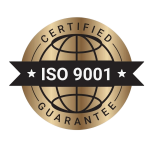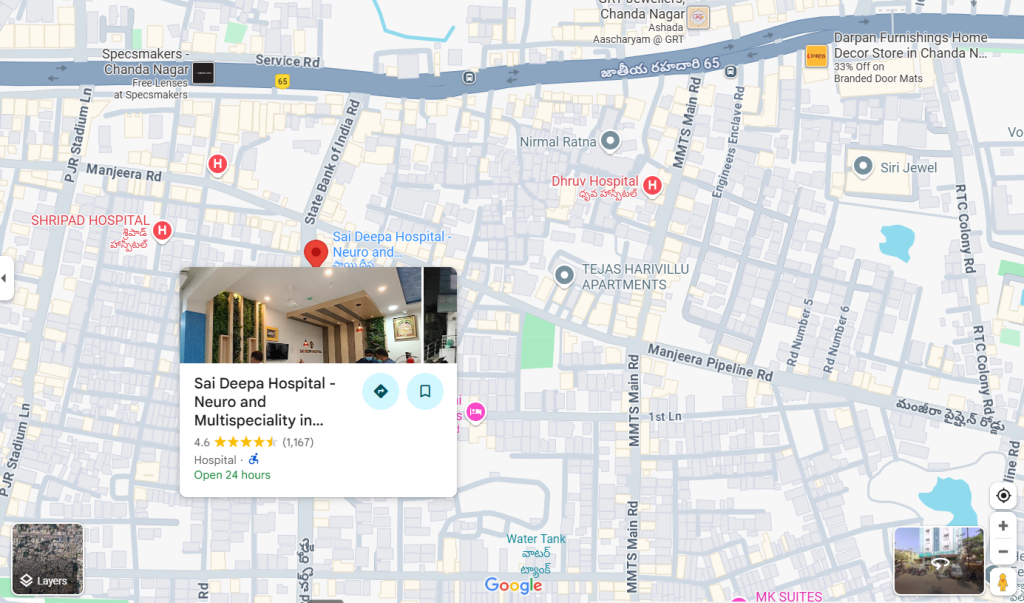What Is Diode Laser
- Home
- What Is Diode Laser
Diode Laser
Medical science has always pursued precision, safety, and faster recovery for patients. Among the many innovations reshaping treatment today, the diode laser stands out as one of the most versatile tools in healthcare. From dental procedures to surgical oncology, this technology has opened new possibilities for doctors while providing patients with minimally invasive and highly effective care.
Book Free Appointment
1L+
Happy Customers
25+
Qualified Doctors
50
Rooms
5000+
Successful Surgeries
Free
Consultation
24/7 Ambulance
Facility
Insurance
Claim Support
How Diode Laser Technology Works
A diode laser generates light through semiconductor diodes, producing wavelengths typically between 800 and 980 nanometers. This wavelength allows the laser to be absorbed effectively by pigmented tissues and hemoglobin, making it ideal for procedures involving soft tissue cutting, coagulation, and vaporization.
When directed onto tissue, the laser converts light energy into heat, allowing surgeons to cut or seal blood vessels with precision. Because of its selective absorption, diode laser therapy minimizes damage to nearby healthy structures. This controlled action not only ensures surgical accuracy but also creates a bloodless field, giving surgeons better visibility during procedures.

Dr. Sasidhara Roa A
MBBS, MS
5000+ Successful Surgeries
11+ Years of experience
Dr. Sasidhara Rao A. is an experienced General and Laparoscopic Surgeon at Sree Sai Deepa Hospitals, Chandanagar, with over 11 years of expertise and 5000+ successful surgeries. He specializes in laparoscopic, laser, and microscopic surgeries, treating conditions like piles, fissures, varicose veins, and gallbladder issues.
Doctor’s Fellowships:
Fellowship - International Society of Coloproctology
Fellowship in Intimate Health
Fellowship in Diagnostic Endoscopy
Applications of Diode Laser in Healthcare
The surgical diode laser is used in multiple medical specialties, offering versatility that few other technologies can match.
1. Dentistry
Dentists widely use diode laser technology for gum reshaping, periodontal treatment, and teeth whitening. It provides painless alternatives to conventional tools, reduces bleeding, and accelerates healing. Patients experience less discomfort, making dental visits far less intimidating.
2. Dermatology
In skin treatments, laser therapy addresses conditions like acne scars, pigmented lesions, and unwanted hair. Its precision ensures that only the targeted tissue is treated, leaving surrounding skin unharmed.
3. ENT (Ear, Nose, Throat) Surgeries
ENT specialists use the diode laser to remove polyps, treat nasal obstructions, and manage throat lesions. Its ability to cut and coagulate simultaneously reduces surgery time and lowers the risk of post-operative complications.
4. Oncology
Surgeons employ diode lasers in treating early-stage tumors by precisely excising affected tissue while sparing healthy areas. In palliative care, the technology helps relieve obstructions caused by cancer growths, improving patients’ quality of life.
5. Ophthalmology
Laser technology assists in managing retinal disorders and certain types of glaucoma. By offering delicate yet effective intervention, it preserves vision with minimal invasion.
6. General Surgery
Procedures involving soft tissues, such as varicose vein treatments or minor cosmetic surgeries, benefit greatly from laser therapy. The diode laser’s ability to coagulate reduces bleeding and enhances surgical precision.
Benefits of Diode Laser Technology
The advantages of diode laser treatment make it an increasingly popular choice across specialties.
Precision and Control
Unlike traditional instruments, the diode laser provides exact control, enabling surgeons to target only the affected tissue while protecting healthy structures.
Minimally Invasive Nature
Because laser energy replaces scalpel cuts, patients undergo less invasive procedures, resulting in smaller wounds and quicker healing.
Reduced Bleeding and Pain
The ability to seal blood vessels during surgery minimizes bleeding, while reduced tissue trauma lowers post-operative pain.
Lower Risk of Infection
The laser’s heat sterilizes the surgical site, significantly decreasing infection risks compared to conventional surgery.
Faster Recovery
Patients treated with diode laser therapy often return to normal activities sooner, making it especially valuable for outpatient and day-care procedures.
Patient Comfort
Shorter procedure times, minimal bleeding, and reduced need for sutures make the overall experience more comfortable for patients.
Get your surgery cost
Challenges and Limitations
Although medical diode laser systems are highly effective, they do present certain challenges.
Cost Factor: Advanced laser equipment requires significant investment, limiting access in smaller clinics or rural hospitals.
Training Requirement: Surgeons and dentists need specialized training to operate diode lasers safely and effectively.
Limited Use on Hard Tissue: While highly effective for soft tissues, diode lasers are less suitable for hard tissue applications such as bone cutting.
Risk of Thermal Damage: Incorrect use can lead to unwanted heat effects on surrounding tissues, emphasizing the need for skilled handling.
Accreditations

Saideepaneurocare Hospitals is NABH certified, a mark of excellence in patient safety and care. We follow stringent healthcare protocols and maintain world-class hygiene standards.

We are ISO 9001 certified, ensuring the highest standards in quality management and patient care. This certification reflects our commitment to efficient processes and continuous improvement in healthcare services.
Future Trends in Diode Laser Therapy
The future of laser technology in healthcare looks promising, with continuous innovations aimed at improving safety, efficiency, and outcomes.
Portable Systems: Advances in miniaturization are making diode lasers more compact and accessible, allowing use in smaller clinics and even mobile healthcare units.
Integration with Robotics: Combining diode laser precision with robotic surgery could enhance accuracy and reduce surgeon fatigue.
Enhanced Wavelength Options: Research is focused on developing lasers with tunable wavelengths to expand their use across more tissue types.
Patient-Centered Care: With growing demand for minimally invasive treatments, diode lasers will likely play a greater role in outpatient and cosmetic procedures.
Why Diode Laser Matters for Patients
For patients, the value of diode laser treatment lies in comfort, safety, and effectiveness. Whether it is a painless dental procedure, a quick skin treatment, or a minimally invasive surgery, the technology delivers consistent results with fewer complications.
Patients who once feared traditional surgical tools now find reassurance in laser-assisted treatments, which offer faster recovery and less discomfort. By bridging patient expectations with clinical excellence, diode laser therapy has become a cornerstone of modern patient care.
Sai Deepa Hospital - Neuro and Multispeciality
Plot no 387, Church road, Huda colony, Chanda Nagar, Hyderabad – 500050
Conclusion
The diode laser has revolutionized healthcare by offering precision, safety, and faster recovery in a wide range of treatments. From dentistry and dermatology to oncology and general surgery, its versatility makes it indispensable in today’s hospitals and clinics.
Despite challenges like high costs and the need for specialized training, ongoing advancements promise to make this technology even more accessible and effective. For patients, the adoption of diode laser systems means a future where medical care is not only safer but also more comfortable and minimally invasive.
As healthcare continues to evolve, laser therapy stands as a powerful example of technology enhancing the human touch in medicine – helping doctors heal with precision while ensuring patients experience the best possible outcomes.


